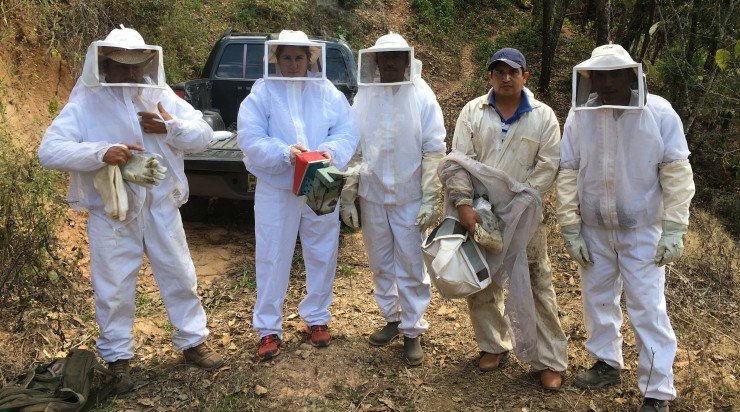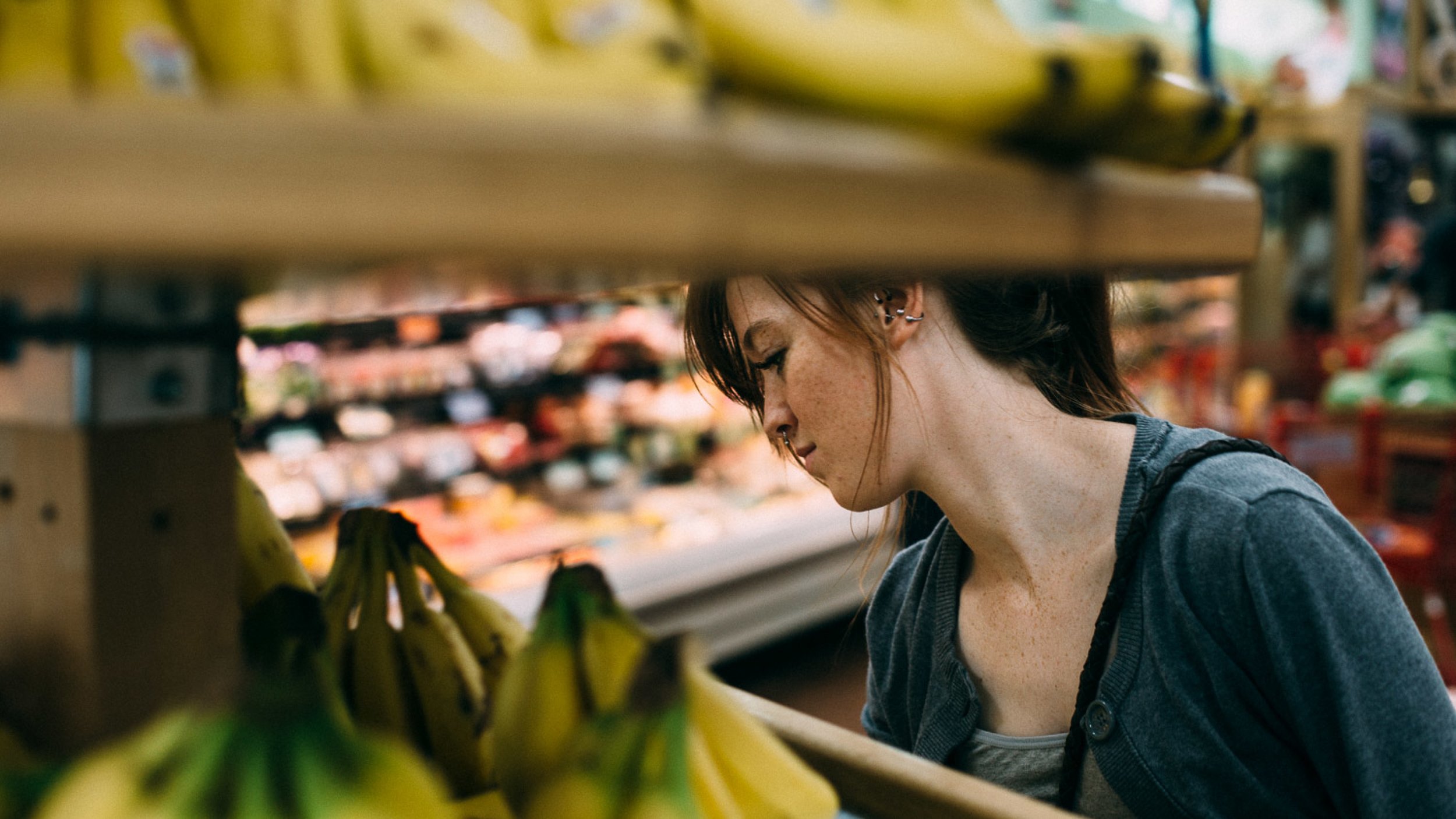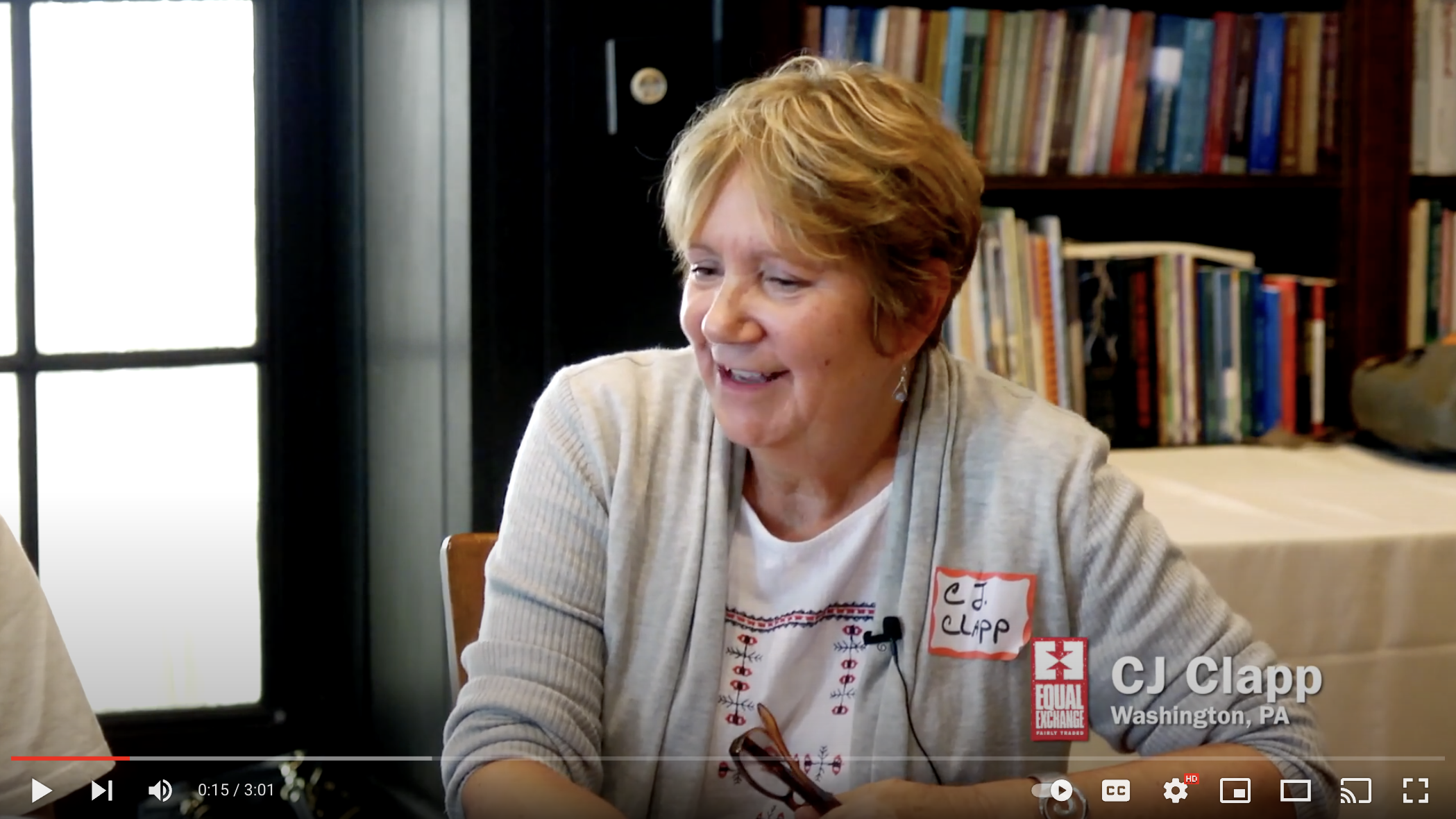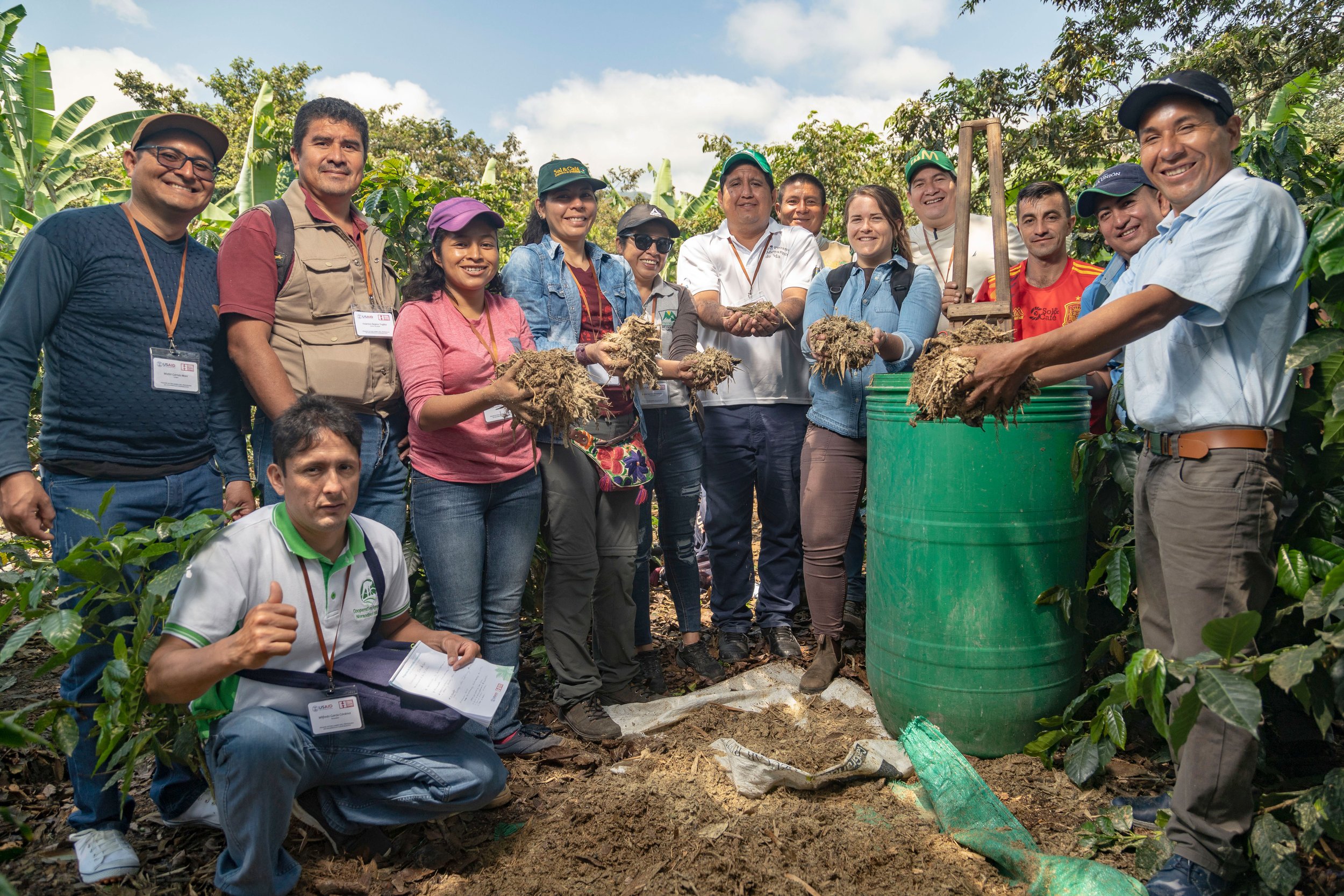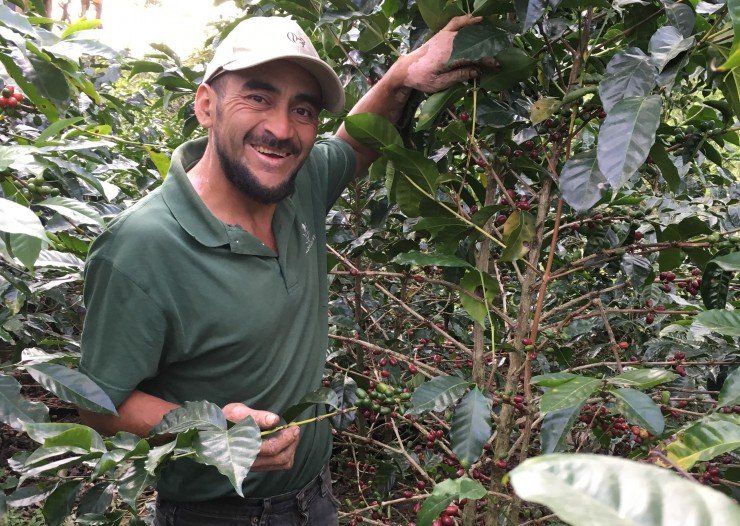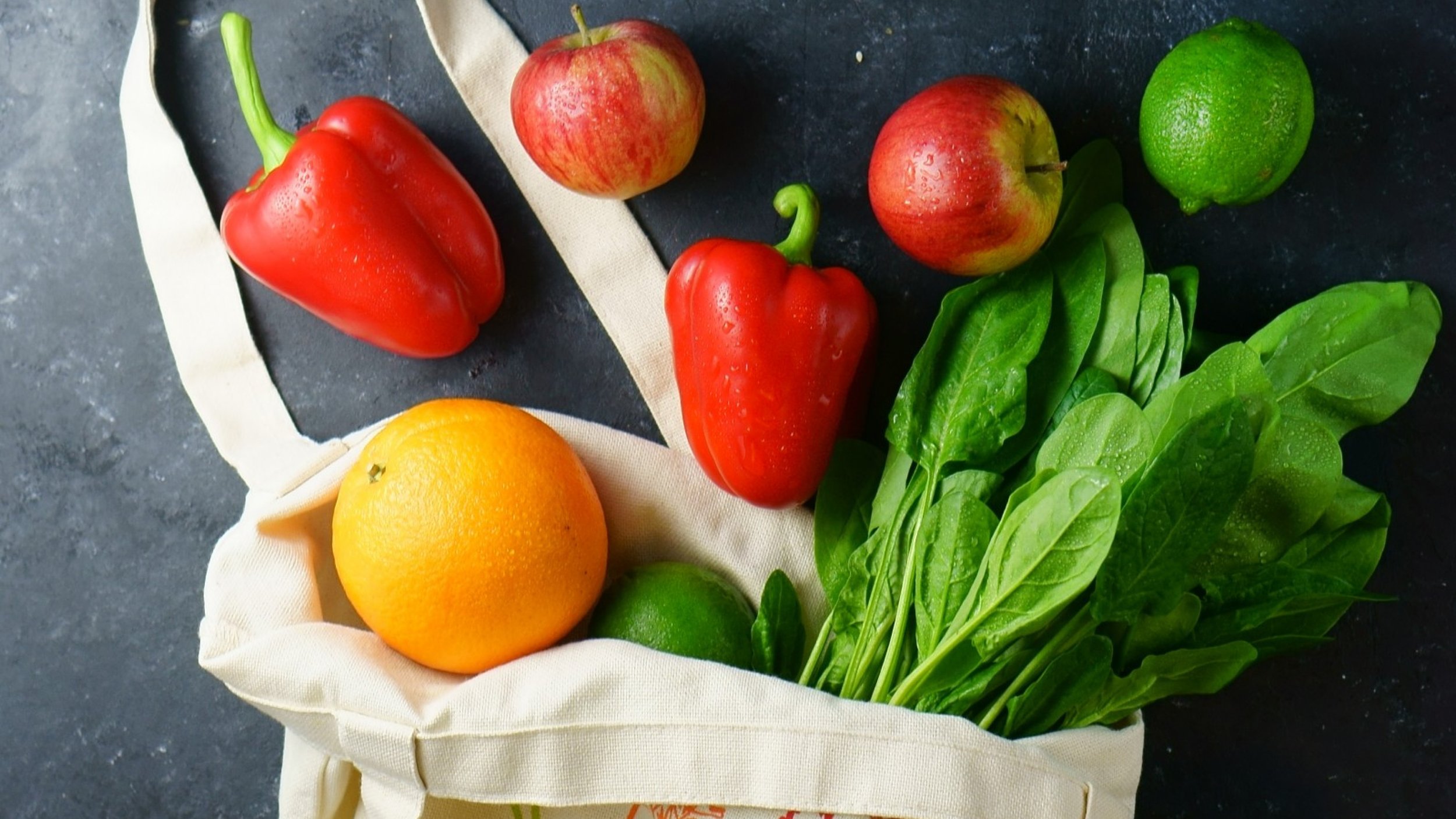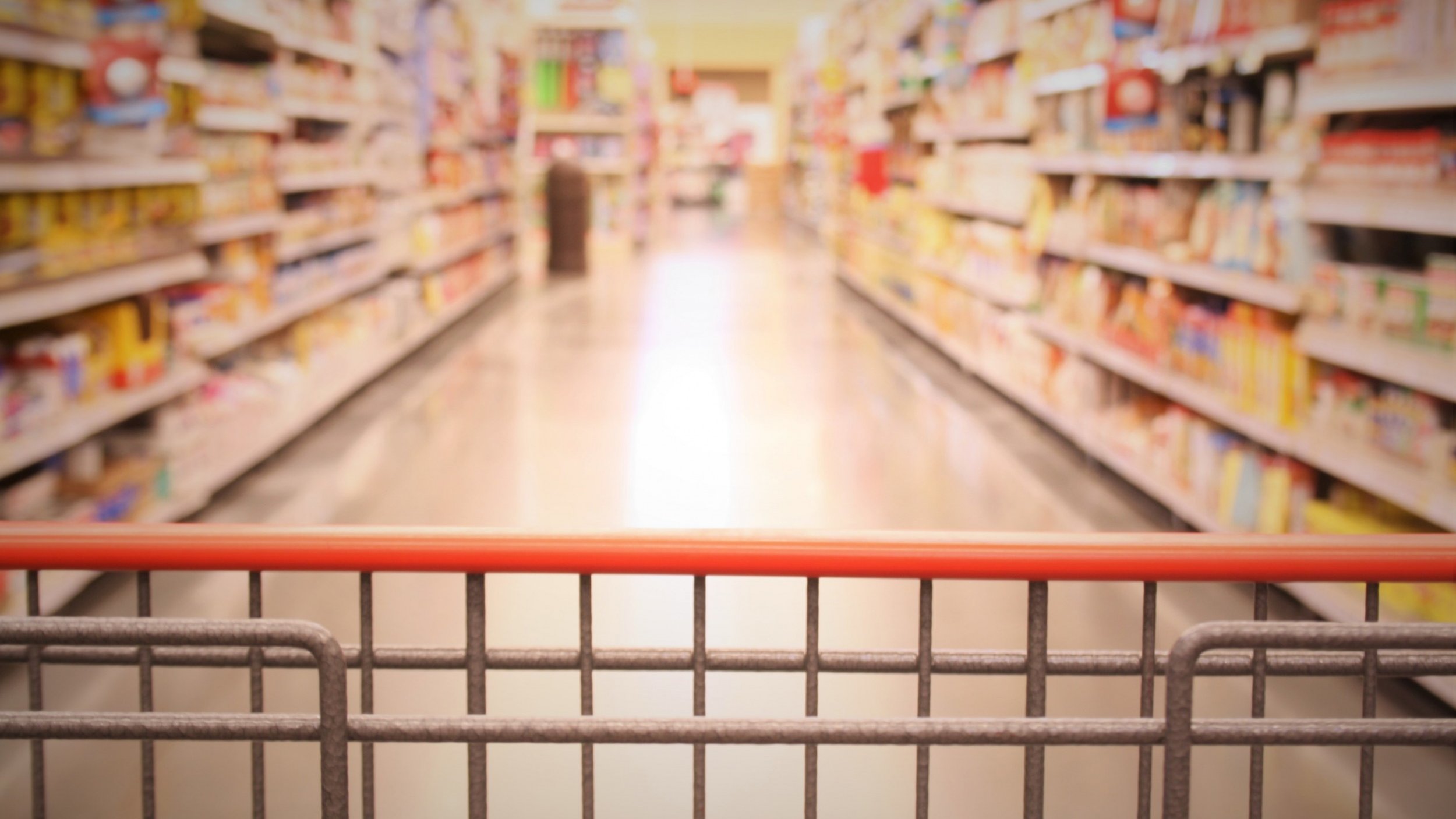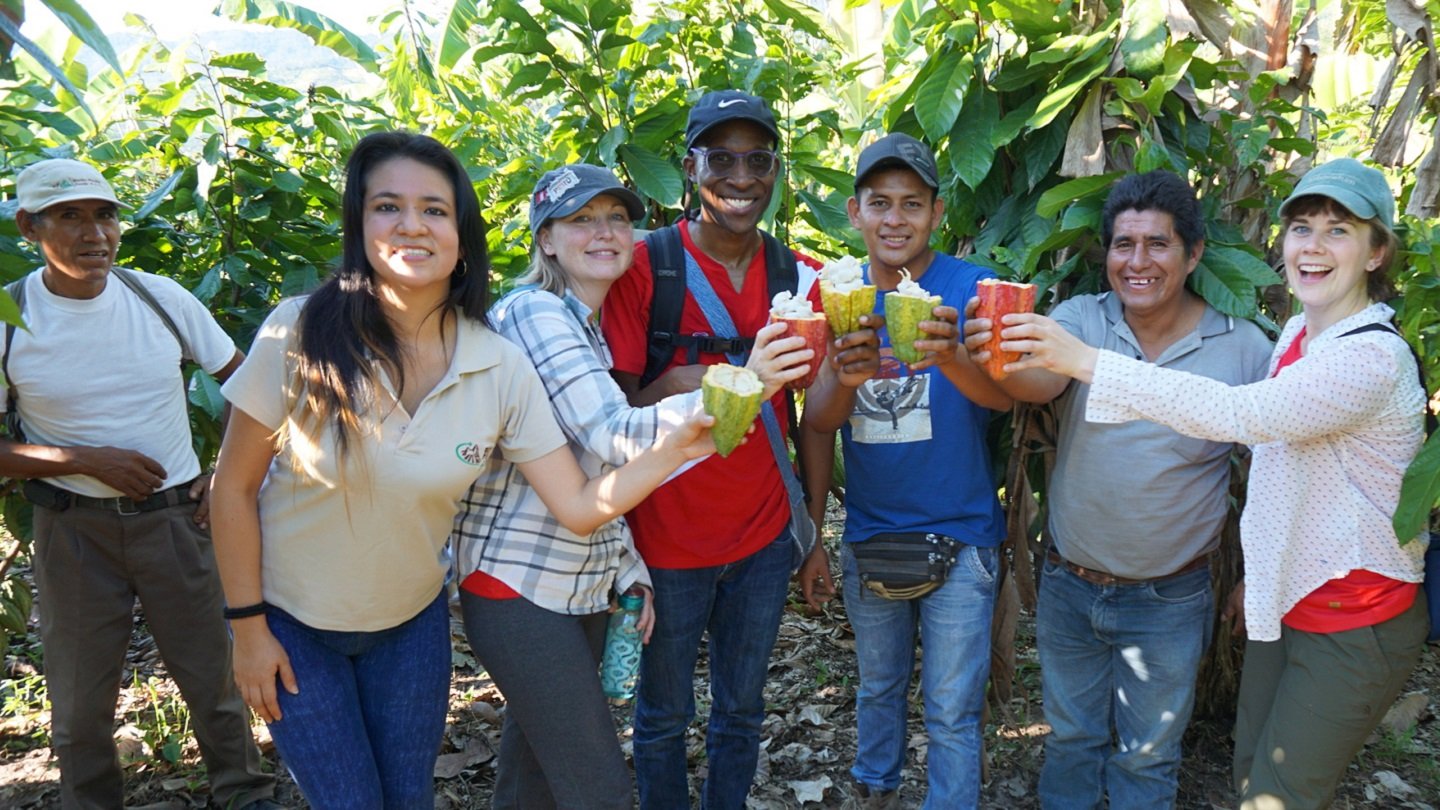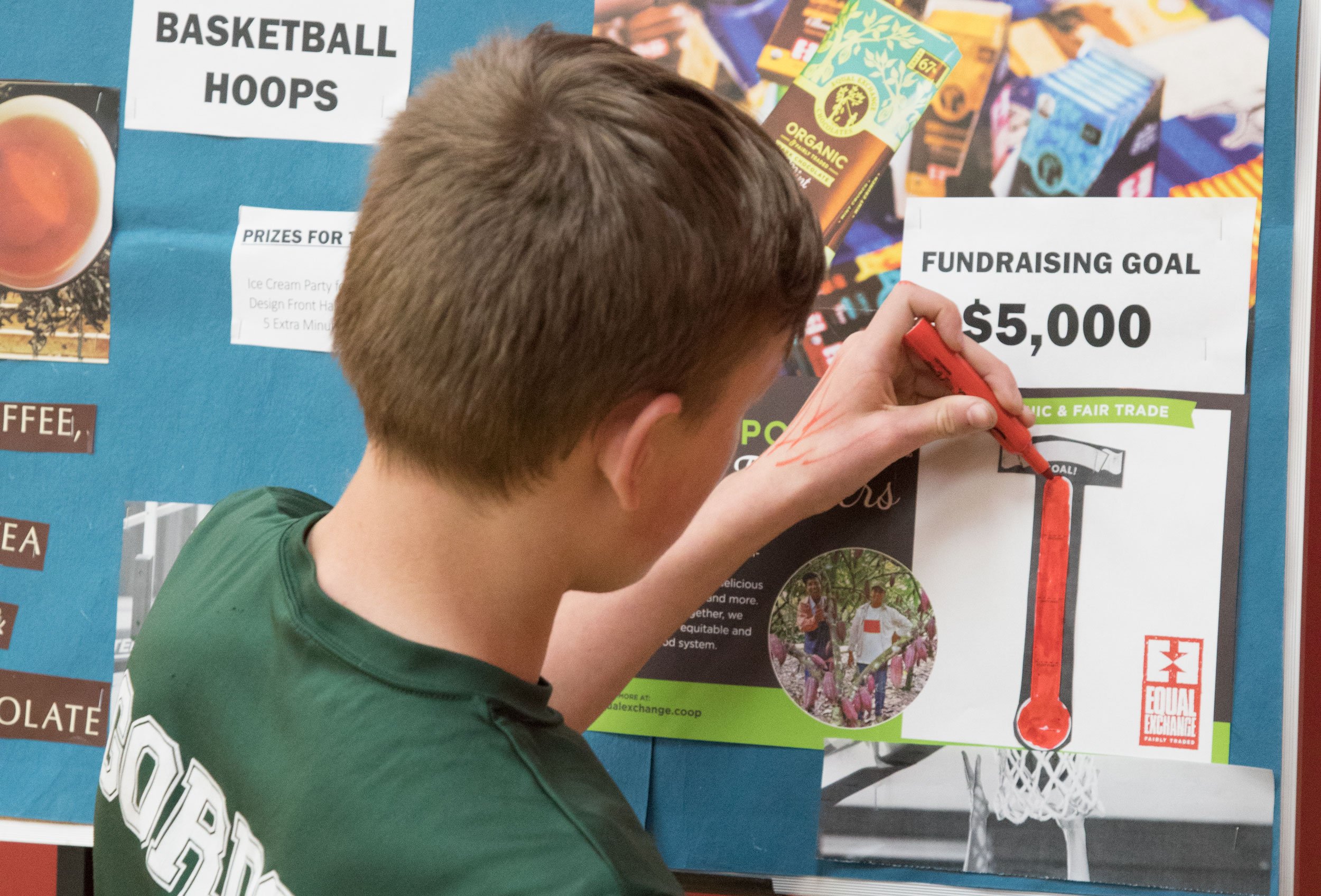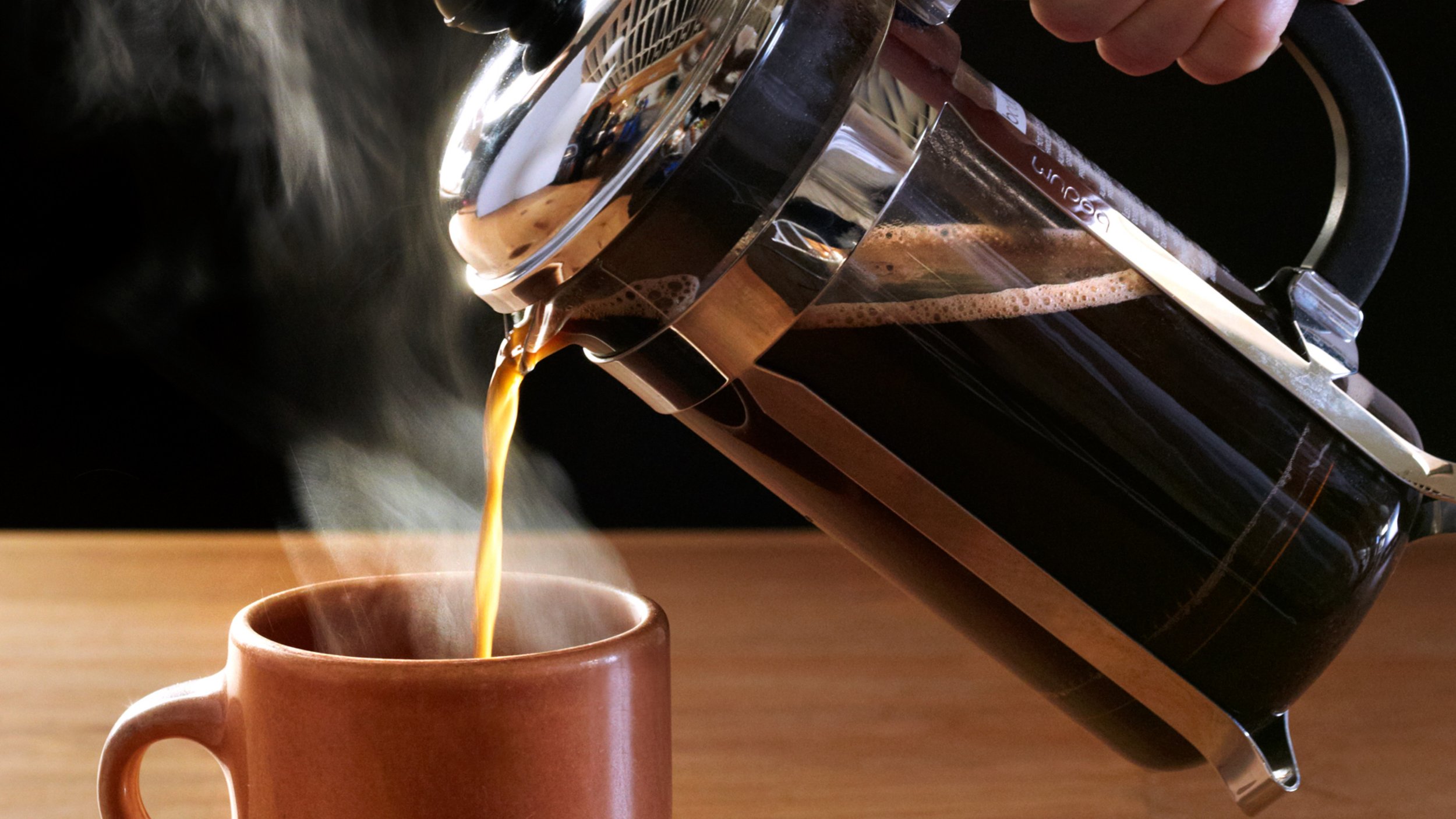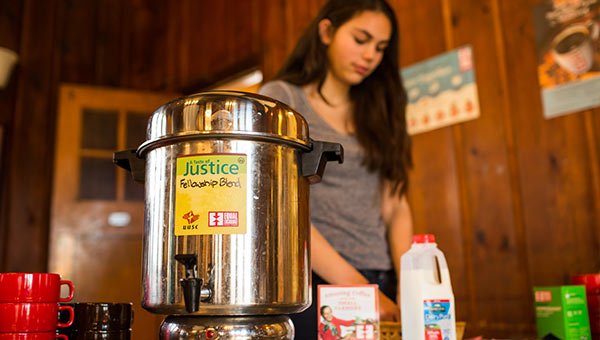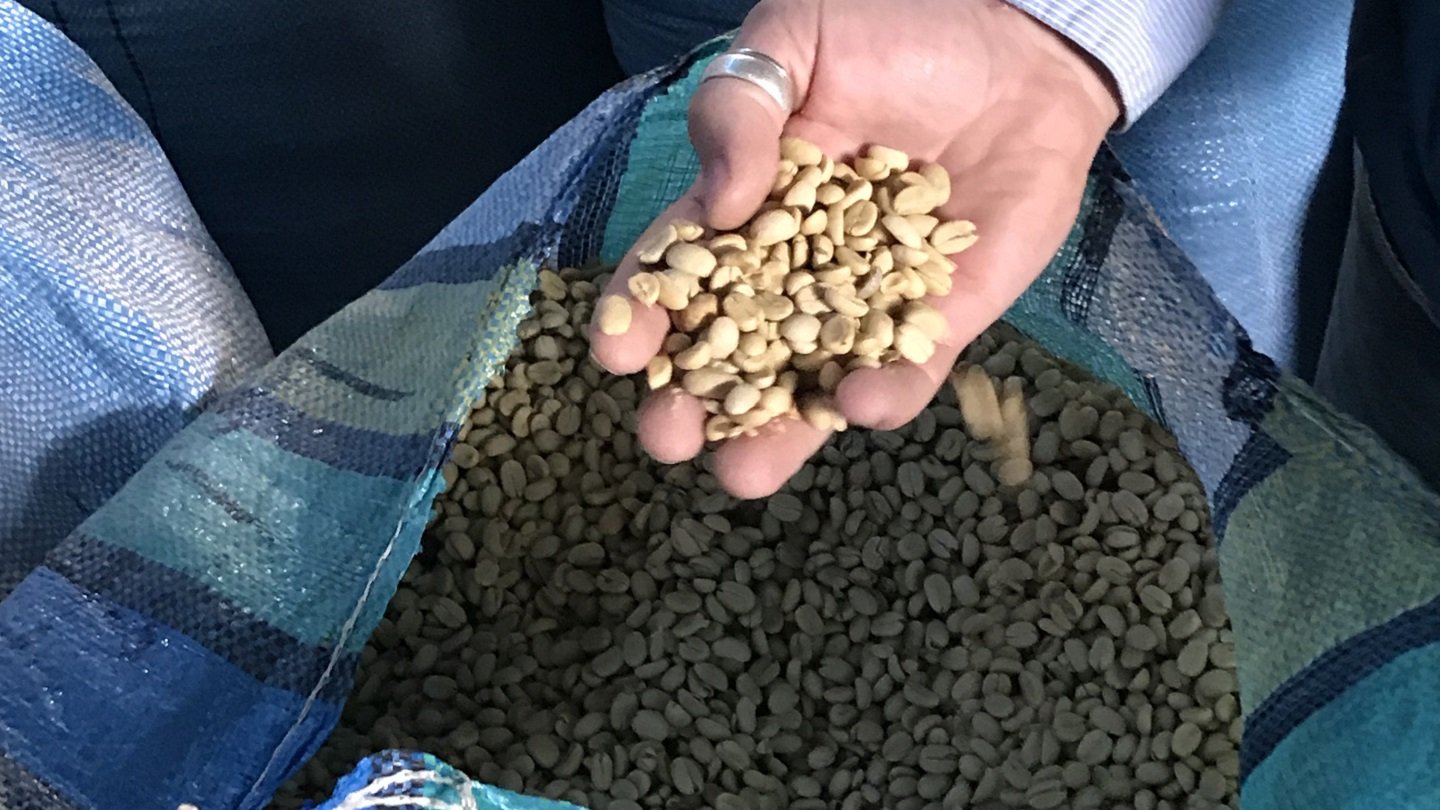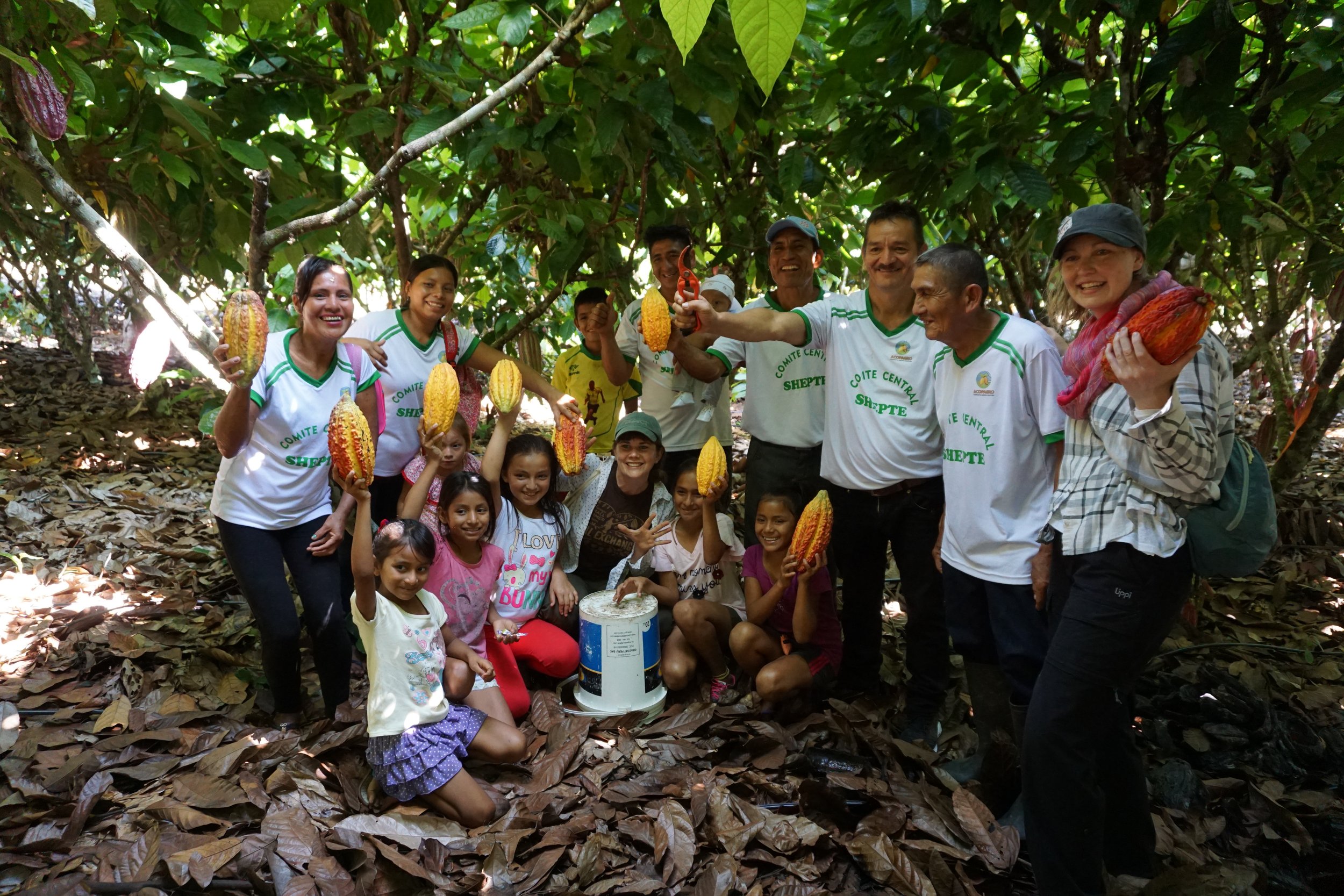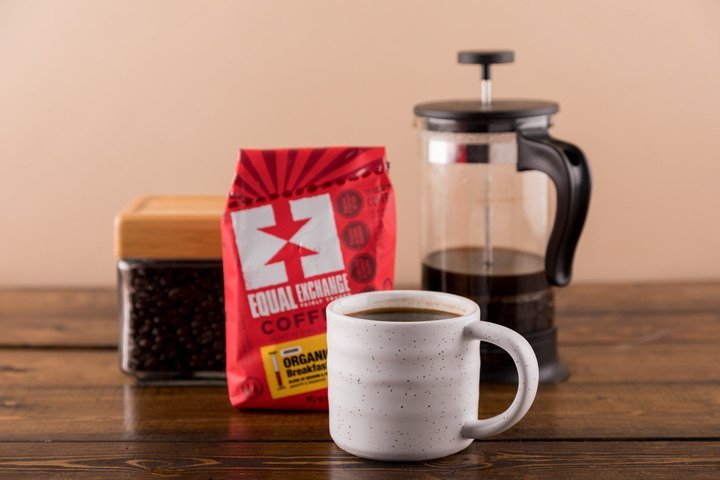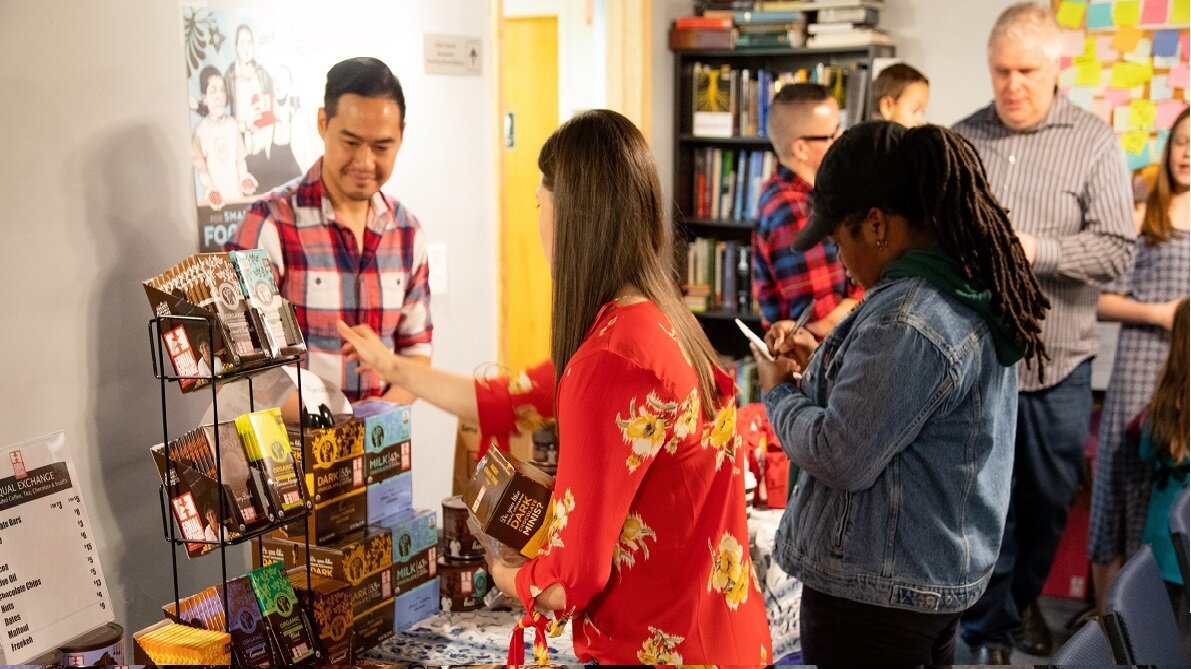Articles
A Farmer-Led Future for Tea
Did you know that tea is the second most popular drink in the world—second only to water? Here’s another question: do you know that, even today, it is likely that the tea products lining your grocery store’s shelves—even those sold as Fair Trade—were sourced from plantations established under colonialism?
Equal Exchange Donor Advised Fund
We must complement our commercial work with collaborative development work, so we established a Donor Advised Fund (DAF) with RSF Social Finance to support organizational development, technical assistance to farmers, income diversification, and gender equity projects with a core group of six producer partners.
The Citizen-Consumer Dilemma: Part One
What are the high-level problems that we face as consumers, citizens and activists working within the U.S. and the global food marketplace?
Encourage a Switch to Equal Exchange
You believe in paying fair prices to the farmers who produce your food. You support organic agriculture and sustainability. You want to contribute to an independent and transparent food system, but how do you get others to understand the issues and take action towards food justice?
USAID Cooperative Development Program
Equal Exchange began this project in 2010 with the goal of strengthening its supply chain partners and engaging with them in new and innovative ways, focusing on cooperative improvements in productivity levels, quality and capitalization through member education and equity.
RSF Social Finance Fair Trade Capital Collaborative
The purpose of this project is to directly address two of the largest challenges within the fair trade coffee supply chain: coffee leaf rust and climate change.
“We Met Online”: Building A New Banana Partnership with AVACH During COVID-19
Equal Exchange Supply Chain Coordinator Johanna Contreras Manito recently spoke with a logistics manager, a pack crew leader, and a farmer-member at AVACH who each represent integral pieces of our Peruvian banana supply chain.
The Citizen-Consumer Dilemma: Part Two Continued
In Part One of the Citizen-Consumer Dilemma series, we described key problems we need to address, challenge and solve if we want to create a just food system. In Part Two, post one, we dug into the successes and failures of Fair Trade and Certifications as food system reforms. And now, we look to Food Co-ops and Boycotts.
The Citizen-Consumer Dilemma: Part Two
Fortunately, there have been movements and models that have attempted to address, challenge and change food system problems and create food justice, solidarity, and authentic citizen-consumer actions. Over the next two posts, we will examine and analyze four different reforms spawned by these movements.
What is a Co-op, Anyway?
Throughout history, people have organized with each other to achieve the goals that they share. But what does “cooperative” mean when applied to a business?
The History of Equal Exchange
Fairness to farmers. A closer connection between people and the farmers we all rely on. This was the essence of the vision that the three Equal Exchange founders held in their minds and hearts as they stood together on a metaphorical cliff back in 1986.
The Art (and Science!) of Chocolate and Coffee Pairing
Enjoy a few of our pairing selections by yourself – or invite a few of your friends over for a pairing event!
Fundraising with Equal Exchange
There are lots of opportunities to raise money while supporting authentic Fair Trade. Here are some suggestions to try out with your community group, school, club, or congregation.
Fair Trade Talking Points
Want to get others on board supporting an independent food system with a company that pays small-scale growers fairly? What if people ask tough questions?
The Basic Elements of Coffee Brewing
As you brew with care, you honor the hard work of our small-scale farmer partners and join a community of Equal Exchange coffee lovers. Here are the basic elements of coffee brewing.
Choosing Coffee to Serve Your Group
Equal Exchange offers congregations and community groups a convenient, affordable way to serve coffee that's aligned with their values and promotes justice. Here’s a quick guide to choosing the right coffee to serve to your group.
Coffee Prices: What Does Transparency Mean?
Buyers, importers, roasters and consumers of specialty coffee are having a big and important conversation right now about coffee prices. We all wonder the same thing when we drink that amazing aromatic beverage. How much of what I’m paying gets back to the producer’s pocket?
Our Model: Authentic Fair Trade
Fair Trade is a way of doing business that ultimately aims to keep small farmers an active part of the world marketplace, and aims to empower consumers to make purchases that support their values.
Why Switch to Fair Trade, Organic Coffee?
When it comes to drinking ethically-sourced coffee, you have a choice if you’re at home, but how can you get your church, office, or school to start serving Equal Exchange’s organic, fairly traded coffee?
Plan a Fair Trade Sale Using These 5 Tips
Selling fairly traded coffee, tea, chocolate, cocoa and snacks to your community is a way to give them an opportunity to buy high-quality, fairly traded gifts for the holidays and add some additional income for your group. Here are 5 tips for how to make a successful sale happen.



